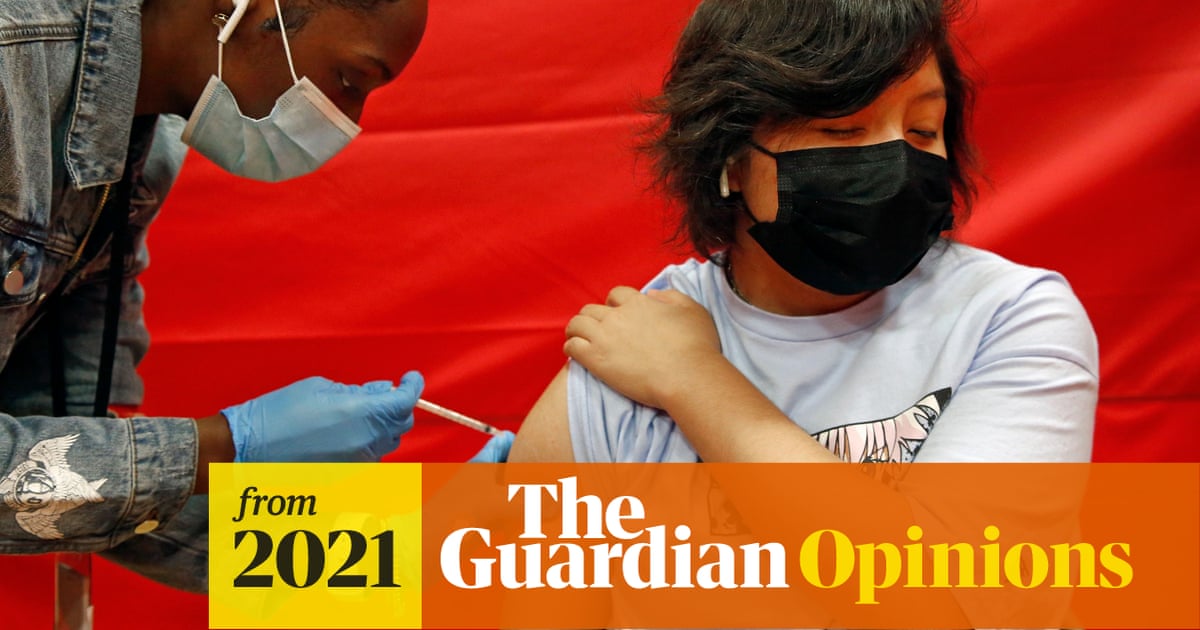
EGEB: First major US offshore wind farm approved today [updated]
The first major US offshore wind farm in federal waters to be approved today; IEA raises its forecast for global wind and solar growth.
 electrek.co
electrek.co
GND for fishes too, they'll be excited to have this new hangout.






